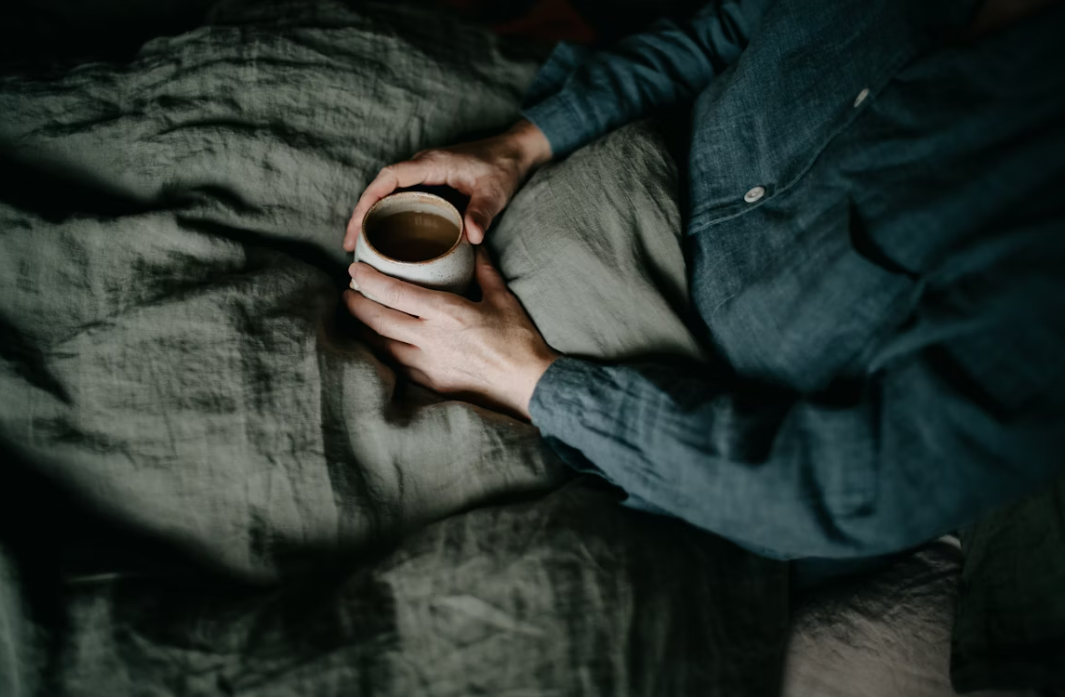Caffeine and Teen Sleep: The Hidden Connection
Written by Euseo Whaong
Why Is Sleep So Important for Teens?
Teenagers need an average of 8–10 hours of sleep per night, yet most get far less.
While schoolwork, assignments, and late-night phone use play a role, caffeine consumption is another major contributor to poor sleep among adolescents.
How Caffeine Affects Sleep
Caffeine blocks the action of adenosine, a neurotransmitter that signals your brain to feel sleepy.
As a result:
Longer time to fall asleep (extended sleep latency)
Reduced total sleep time
Lower proportion of deep sleep (REM/NREM)
Increased fatigue and reduced focus the following day
Why Timing Matters
The half-life of caffeine (the time it takes for your body to eliminate half of it) is about 5–6 hours, but for teens, it can be even slower.
For example:
A coffee consumed at 4 p.m. can still have over half of its caffeine active in your system by 10 p.m.
Drinking caffeinated beverages in the late afternoon or evening can make it harder to fall asleep, even if you feel tired.
What Research Shows
U.S. survey of 1,000 teens: Those who consumed caffeine after 6 p.m. slept over 1 hour less on average.
Korean Youth Health Behavior Survey: Teens with high caffeine intake during the week slept fewer hours and showed a strong tendency to “repay” sleep debt on weekends.
Tips for Better Sleep While Managing Caffeine Intake
Avoid caffeine after 2 p.m.
Swap your afternoon coffee for water or a short walk.
Even during exam season, watch your caffeine amount and timing.
Try caffeine-free or low-caffeine alternatives like herbal teas or barley tea.
Conclusion
Caffeine can help boost alertness in the short term, but if it disrupts teen sleep patterns, it can harm learning, focus, and overall health.
The key is managing when and how much you consume.
What’s your personal caffeine cut-off time? Share your thoughts in the comments!
